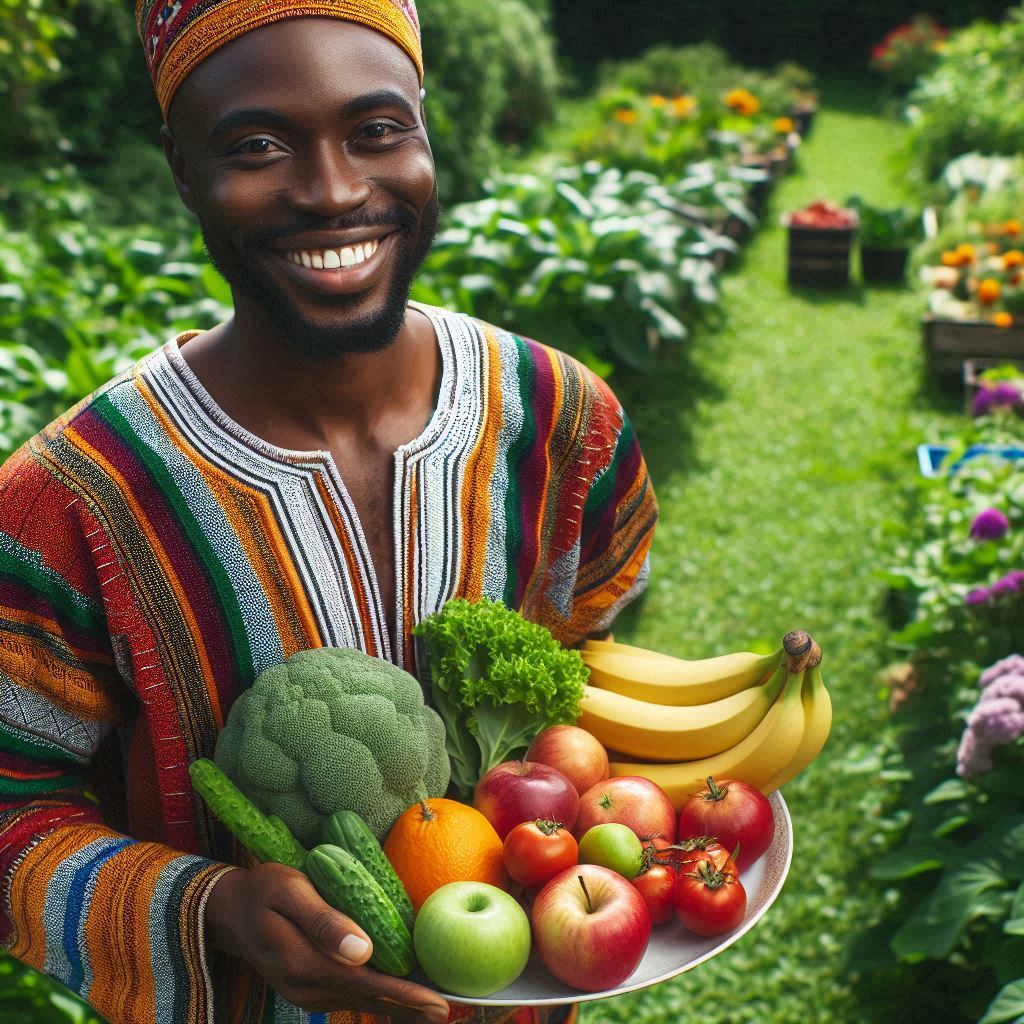
In the wake of global health challenges, the focus on boosting immune systems naturally has never been more pertinent. Traditional African foods, with their rich nutritional profiles, are proving to be powerful tools in this ongoing battle for better health. Across the continent, these indigenous superfoods are not only staples but also key ingredients in the quest for wellness and longevity.
Fonio (Acha), a grain lesser-known outside of West Africa, is densely packed with amino acids essential for immune health. This ancient grain is gluten-free, rich in fiber, and boasts a low glycemic index, making it ideal for blood sugar management. In communities across Mali and Senegal, fonio has been revered not just for its health benefits but also for its adaptability to arid climates, heralding its potential as a sustainable food source.
Moringa, often labeled as the miracle tree, is another powerhouse. Its leaves are rich in vitamins A, C, and E, which are crucial for immune defense. Moringa powder is becoming increasingly popular, easily added to smoothies, teas, and sauces to boost nutritional intake. In countries like Nigeria and Ethiopia, it’s also used medicinally to treat ailments from diabetes to high blood pressure.
Baobab fruit, abundant across the continent, contains six times as much vitamin C as oranges, making it an exceptional immune booster. The fruit’s high antioxidant content helps in fighting inflammation and protecting cells from oxidative stress. In rural communities, baobab powder is often added to porridge or drinks, providing a tangy taste and a wealth of health benefits.
By incorporating these traditional foods into daily diets, not only are Africans returning to their roots but also fortifying their bodies against diseases. As the world looks to healthier living solutions, Africa’s bounty offers not just sustenance, but a model of wellness and resilience powered by nature.





